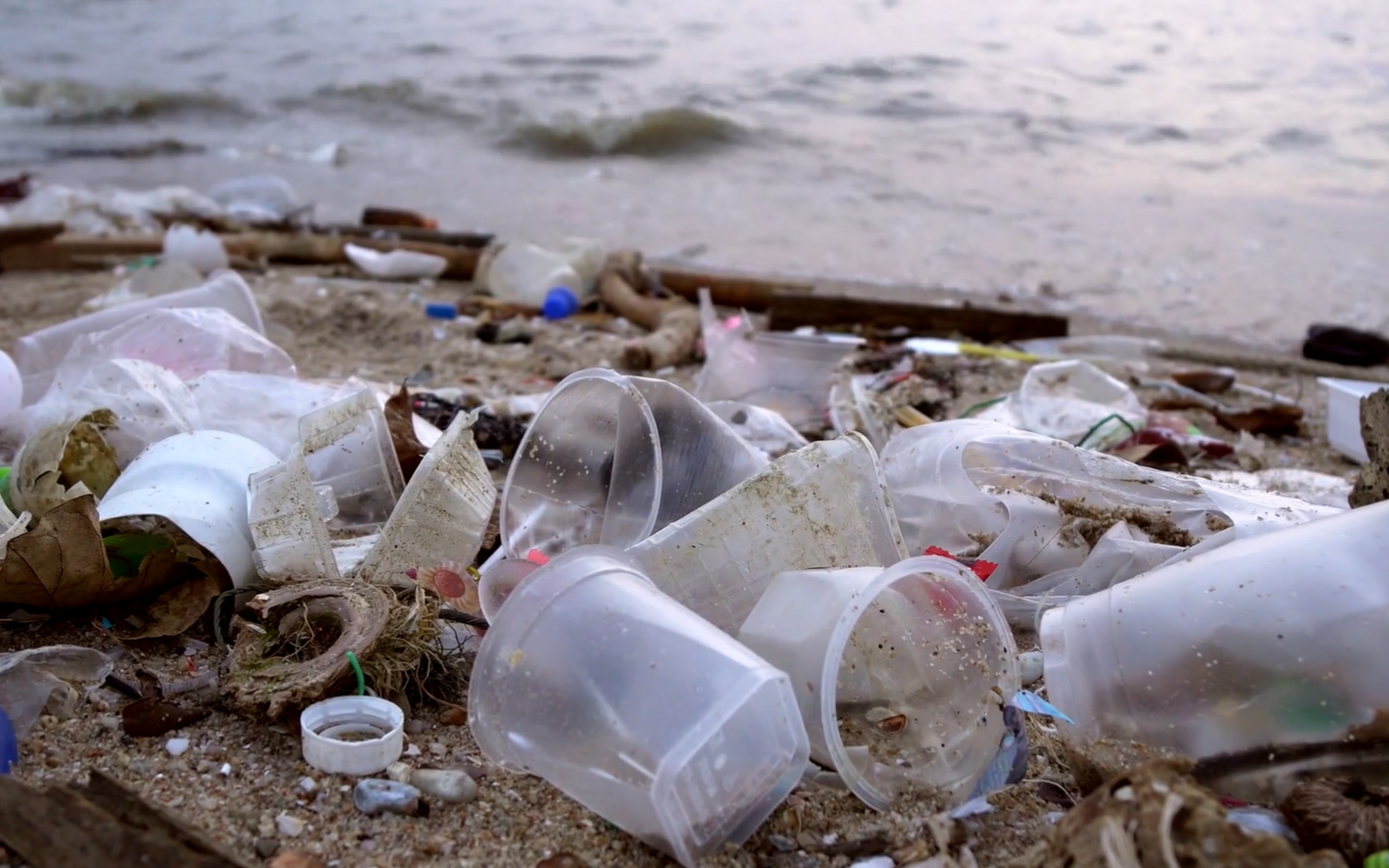Fourth Session on Global Plastics Treaty Negotiations
The fourth session of the Intergovernmental Negotiating Committee (INC-4) to develop an international legally binding treaty on plastic pollution commenced recently in Ottawa, Canada. The objective of this penultimate round of negotiations is to refine the text of the draft agreement, aiming to finalize the treaty at the fifth session (INC-5) in November 2024.
- In March 2022, the UN Environment Assembly adopted a historic resolution to develop a global treaty on plastic pollution
- The treaty aims to address the full life cycle of plastic, including production, design and disposal
- INC began its work in late 2022 with the ambition to complete negotiations by end of 2024
- Previous sessions were held in Uruguay (INC-1), France (INC-2), and Kenya (INC-3)
Key Issues and Diverging Views
- Elimination of problematic and avoidable plastic uses, especially single-use plastics
- Reducing plastic production vs. focusing only on waste management
- Disclosure of plastic production volumes and chemicals used by companies
- Inclusion of binding targets and banning of certain chemicals in the treaty
- Opposition from petrochemical industry and some oil/gas producing nations to limits on production
Progress and Next Steps
- Growing convergence on phasing out unnecessary single-use plastics
- Recognition of need for plastics in specific essential uses like renewable energy
- INC-4 to decide on intersessional work needed before INC-5 to further develop treaty text
- INC-5 in Busan, South Korea in Nov-Dec 2024 intended to be the end of the negotiation process
- To be followed by a Diplomatic Conference for Heads of State to sign the agreement
About Intergovernmental Negotiating Committee
The fourth session of the Intergovernmental Negotiating Committee (INC-4) on plastic pollution commenced in Ottawa, Canada, aiming to refine the draft treaty text for finalization at INC-5 in November 2024.
- Key issues include phasing out single-use plastics, reducing production, and including binding targets. The Paris Agreement, adopted at COP21 in 2015, set the stage for this treaty.
- Despite some consensus on reducing single-use plastics, divergences remain on production cuts and binding targets.
- INC-4 is crucial in shaping a landmark agreement to tackle the global plastic pollution crisis.
The INC-4 meeting marks a critical step in the development of a landmark global treaty to tackle the growing crisis of plastic pollution. While there is emerging consensus on certain elements like reducing single-use plastics. The negotiations in Ottawa will shape the contours of the final agreement that has the potential to be a watershed moment for sustainability and environmental action.
Month: Current Affairs - April, 2024
Category: Environment Current Affairs








